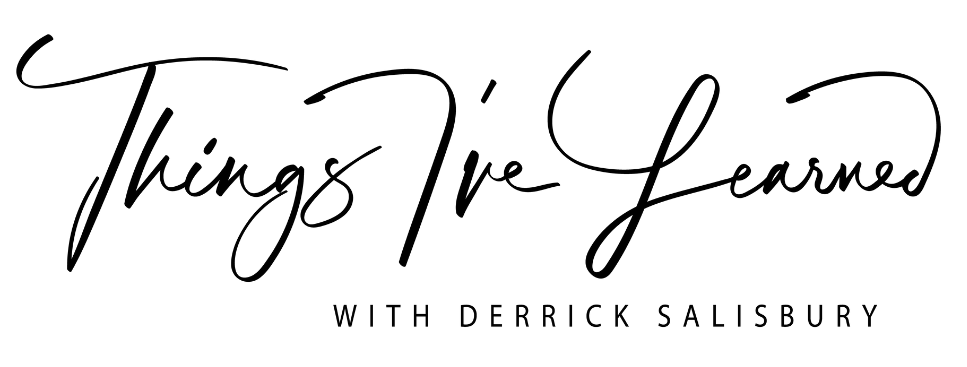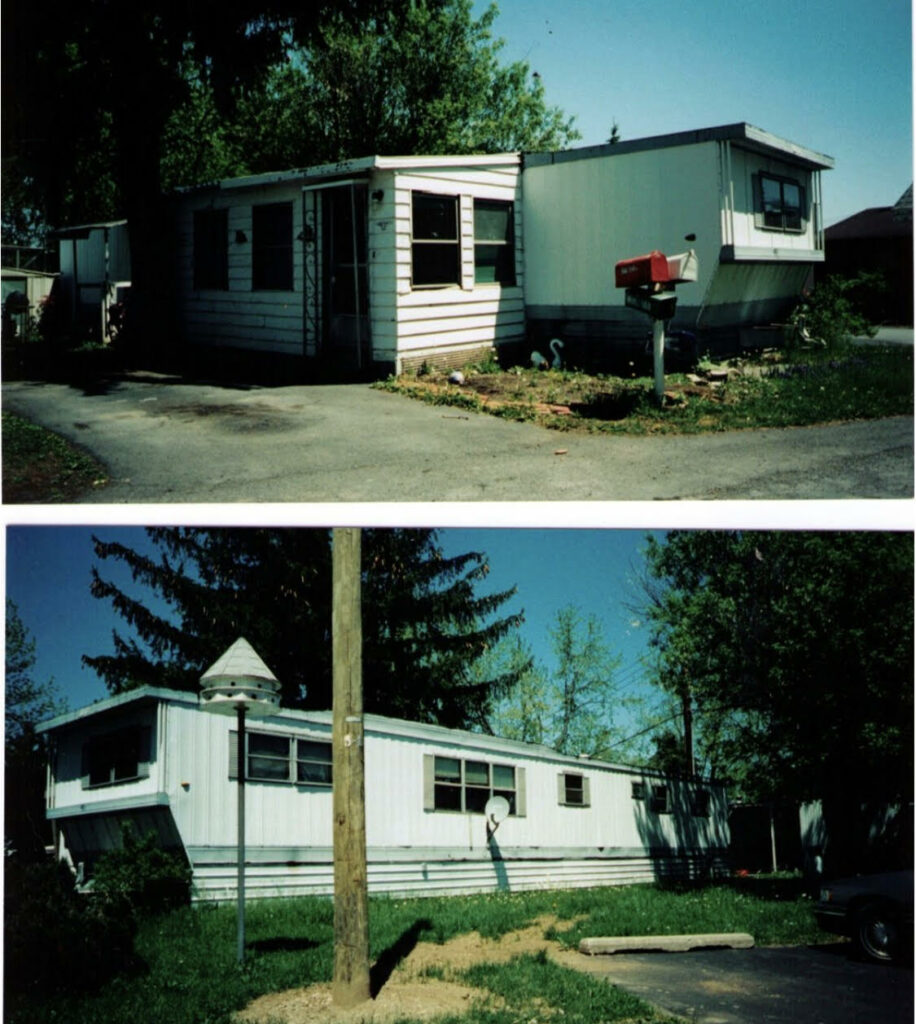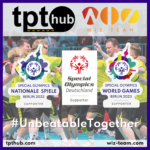
“Coach D, You Wouldn’t Understand.“
Prior to Orlando hosting its five matches of FIFA World Cup USA ’94, the Legacy Soccer Foundation was formed from corporate sponsor donations and revenues generated from hosting not only the upcoming World Cup matches but the soon-to-be hosted Atlanta 1996 Summer Olympic Football preliminary matches to be played in Orlando as well. The Foundation consisted of a dedicated group of civic leaders and volunteers that worked in coordination with, at first, Orange County Public Schools and a partnership with the Police Athletic League and later the YMCA, on the beginnings of a SoccerPALS program at select schools in the Orlando area. The program was to take place during the Extended Day after-school sessions for inner-city kids in the elementary/primary grades (ages 7-11 years old). Its purpose was to teach kids the sport of soccer with volunteer coaches.
Twice a week, I would take volunteer time away from my job with the Orlando Area Sports Commission (now GO Sports) and travel as ‘Coach D’ to the two schools where I was assigned. I grew up playing soccer (football) since I was eight years old. I enjoyed playing the sport (as well as lacrosse) because as a kid I had a lot of energy and playing sports was my outlet. I wouldn’t say I was the Ronaldo of my generation but I played enough to enjoy my position at fullback well into my 20’s.
Before the SoccerPALS program began I attended coaching classes and read up on coaching manuals. Soon after, I took my clipboard and set out to teach kids my favorite sport. One school that I was assigned to, and spent most of my time at, was Eccleston Elementary located in the Richmond Heights section of Orlando.
The students were predominantly African-American and Latino and most came from single-parent households. As I do in business, and applied to my coaching, during my first meeting I asked the students to tell me a bit about themselves so I could understand their backgrounds which would then help me structure my teachings. From the stories I heard some were funny and some were heart-wrenching. Once I understood their backgrounds I then went about to learn about how much they knew about soccer. As I learned, not that much. See, at that time in the early to mid-1990s in the inner-city of the U.S. soccer was not that popular of a sport. In the suburbs, soccer was the most actively participated youth sport in the U.S. However, at that time, Major League Soccer had not yet started in the U.S., and the foreign soccer teams that were popular just didn’t reach the area I was coaching. In addition, there was hardly any soccer programming on TV as well. The popular sports at Eccleston were basketball and American football. These were the sports the kids knew about and gravitated towards in playing. I knew what I was in for coaching kids about a sport I loved but foreign to them. I was more than ready for the challenge.
During the first couple of years, the program achieved the benchmarks the Foundation was set-up for. Teach kids about the sport of soccer while also instilling in them the philosophies of Better Grades, Teamwork, Honesty, Respect, and Fun! The kids learned a lot and at the end of every half SoccerPALS session Unilever, one of our sponsors, donated soccer balls for each participating child to take home.
In my third year of being Coach D, during one of my practices at Eccleston, a student walked up to me crying saying “Coach D, I don’t want to play today.” (This happened every-so-often although with not much crying involved) I asked her if everything was OK and she nodded her head “No”. I told her to go relax under the tree by the field and if she wanted to rejoin practice later she could. I went back to coaching and when we took a break I spoke to her by the tree. I asked her “Do you want to share with me why you didn’t want to practice today?” She quickly replied back, “Coach D, you wouldn’t understand!” I asked, “Understand what?” She continued, “My momma, little brother and I live in a trailer with no screens on the windows. My momma works two jobs, I don’t see her much, I’m having trouble in school and it’s tough! That’s why I didn’t play.” She then continued, “You’re rich, drive a fancy car so you just don’t know what I have to deal with!” Whoa! I wasn’t expecting that. I told her that while yes I do have a job that paid OK money and I drove a Nissan sedan but that I was far from being rich (in wealth) but I did understand her situation and that the next week I would prove it to her. She gave me an odd look.
The next week, I showed up at Eccleston for practice with the kids. And as if on cue the student crying the week before came up to me and said, “You told me last week you were going to prove to me that you understood my situation.” I replied, “You’re right, I did, but you have to practice with us today for me to share the details with you.” She went out, played soccer, laughed, and had a good time. After practice concluded I called her over and said, “OK, remember last week when you told me about the housing you lived in with your mother and brother and said I wouldn’t understand?” She replied, “Yes.” I then showed her this combined picture:

As she held and looked at the picture I pointed to it and said, “That is the single-wide trailer that Coach D lived in for some time growing up where my bother and I shared bunk beds in the same room as my Grandpa and my baby sister slept in my parent’s bedroom. From there, we moved to Section-8 housing and we didn’t have much but each other. We were on government assistance for some time as well.” She looked up at me and I continued, “So, do I understand what you are dealing with now? Mostly, yes, I do. If there is one thing that I can teach you is that this is where I started out part of my life (again pointing at the picture) but it did not define who I would be or where I would be in the future. Don’t let where you come from, the challenges you’re dealing with, and what conditions you’re living in define who you are and who you can be. You’re a smart, fun girl who, yes, has some challenges now but let me tell you if Coach D can come from a trailer just like yours and make something of himself then you can as well. It takes a lot of work but I know you can do it. I believe in you. OK?” She gave me a hug holding the picture of our shared experience.
Lessons Learned: Being a coach is one of life’s great rewards. You get to apply many life lessons learned and use them to help others become better. We all have had some kind of hardships that may have happened in our lives but we can’t let them get in the way of defining, as I said to my soccer player, who we are or who we can be and become. Working with 7-11-year-olds in the SoccerPALS program I learned a lot about life and things I could apply towards business. First, all kids/staff/society, regardless of any background, want to be shown that they are appreciated, loved, listened to, and supported. Despite the circumstances that surrounded them every day, during the time I had coaching kids, I wanted to give them 40 minutes of respite from the challenges they may have been dealing with that week. I wanted them to come away with a better knowledge of soccer, how it could teach them life lessons along the way, and have some laughs and fun. What I’m most proud of is that the side benefit of our SoccerPALS program was that we saw student’s grades increase and we witnessed kids in the community playing soccer in their yards. We all can make a difference in our own little way regardless of our backgrounds and where we came from. Olé, Olé, Olé!!


